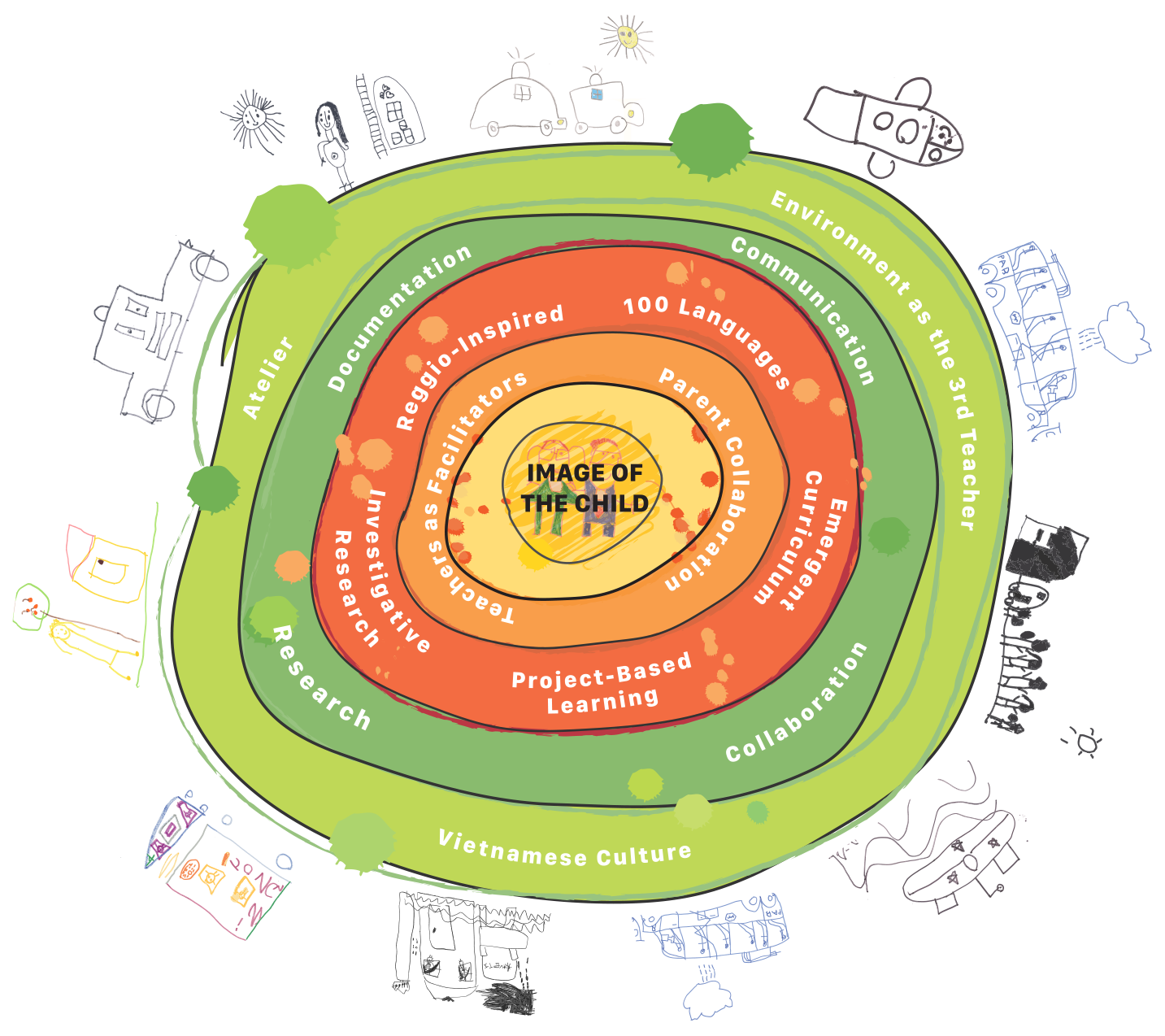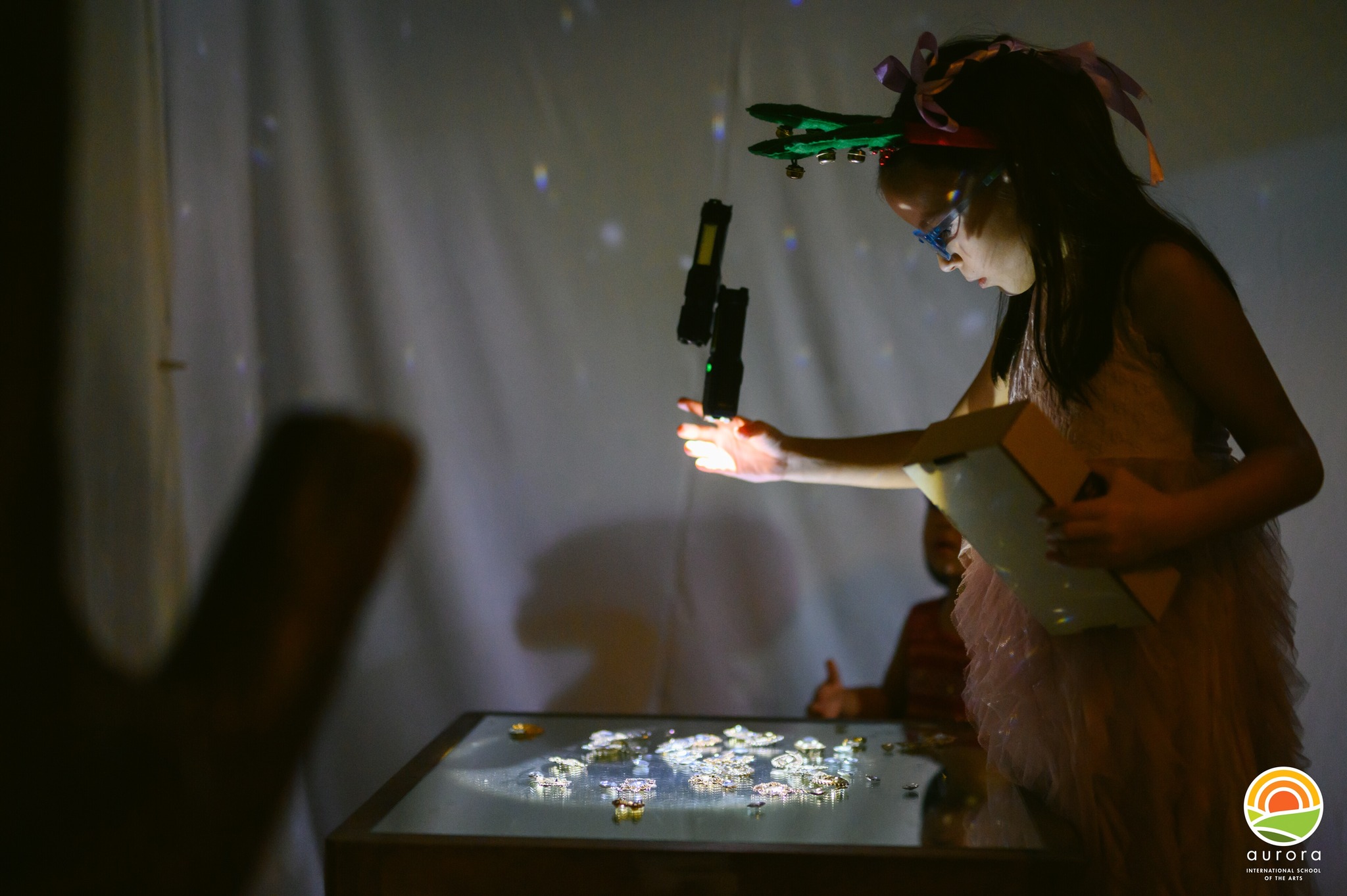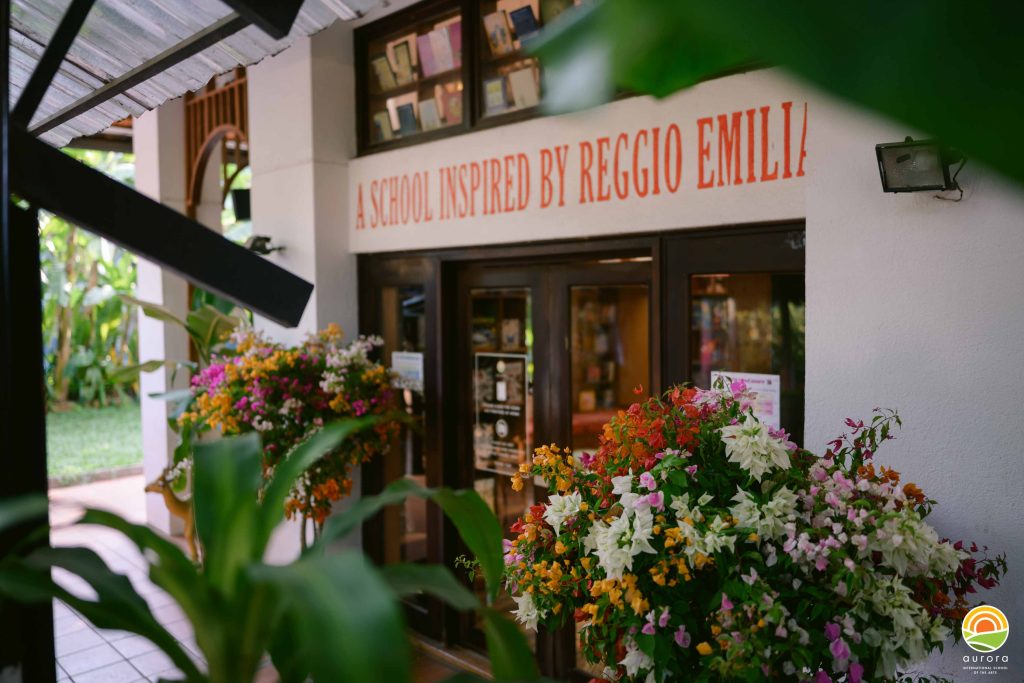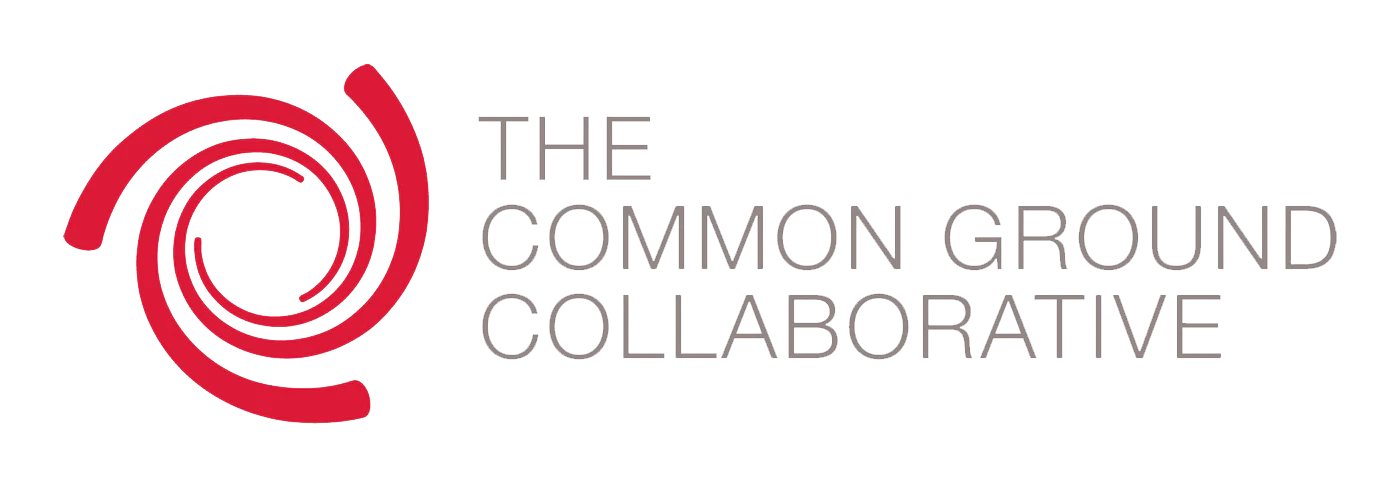“We know it is essential to focus on children and be child-centered, but we do not feel that is enough. We consider teachers and families as central to the education of children. We therefore choose to place all three components at the center of our interest. Our goal is to build an amiable school, where children, teachers, and families all feel at home. Such a school requires careful thinking and planning concerning procedures, and interests.” (Loris Malaguzzi)
At the crux of our educational philosophy is our image of the child: an active and curious learner, capable of constructing their own knowledge and understanding of the world. They are not passive recipients of information but rather active participants in their own learning process. We value their innate sense of wonder, creativity, and natural inclination to explore and discover.
“Young children are powerful, active, competent protagonists of their own growth: actors in their shared history, participants in society and culture, with the right to speak from their own perspective, and to act with others on the basis of their own particular experience and level of consciousness. All children seek identity, individuality, completion, and satisfaction through dialogue, interaction, and negotiation with others. Their contexts for action are ceaselessly changing, intersecting worlds of classroom, community, and culture, with adults nearby to serve as partners, resources, and guides.” (Carolyn Edwards)
Every child is seen as resilient, confident and competent. We believe that children can express their own ideas, make independent choices, and are able to play and work well with others. In this concept resides our focus on the children’s autonomy and on the importance, we give to children’s opinions and choices.
“Children (like poets, writers, musicians, scientists) are avid seekers and builders of images. Images can be used to make other images, passing through sensations, emotions, relationships, problems, fleeting theories, ideas about what is possible and coherent and about the apparently impossible and incoherent.
The art of research dwells in the hands of children, and they are keenly sensitive to the pleasure of wonder.” (Loris Malaguzzi)











